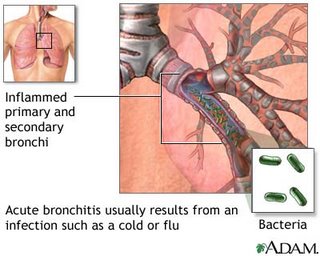3 medicines for cough
 Aconite- Aconite is indicated in sudden attack of cough and cold from exposure to dry cold wind; Dry, hoarse, suffocating cough with loud labored breathing; Grasps the throat every time he coughs; Cough dry, short, hacking, worse in the evening and at night; Cough on inspiration; blood comes up with hawking; tingling in chest after cough; larynx very sensitive to touch; feverish feeling or there may be high temperature.
Aconite- Aconite is indicated in sudden attack of cough and cold from exposure to dry cold wind; Dry, hoarse, suffocating cough with loud labored breathing; Grasps the throat every time he coughs; Cough dry, short, hacking, worse in the evening and at night; Cough on inspiration; blood comes up with hawking; tingling in chest after cough; larynx very sensitive to touch; feverish feeling or there may be high temperature.Bryonia- The cough of bryonia is generally dry and concussive; it seems to come from the region of stomach, and is preceded by a tickling in the epigastrium; During the cough the patient holds the sides of the chest with his hands, as the cough not only shakes the chest, but also hurts distant parts of the body; Cough is worse while eating, drinking, laughing, walking and when attempting to take deep breath; Great thirst for large quantities of cold water at longer interval.
Antim tart- Antim tart is a very good medicine for catarrhal conditions of trachea and bronchial tubes; The chest is full of mucus; cough is of rattling type but the mucus does not come up or only a small quantity comes up; attacks of cough during sleep; patient want to be supported in bed in a sitting posture, generally relieved by expectoration of phlegm; Expectoration is frothy, white, mixed with blood; Cough and dyspnoea attended with prostration, sweat, pallor, coldness and blueness of face; Great sleepiness or irresistible desire to sleep; Patient is thirstless.




